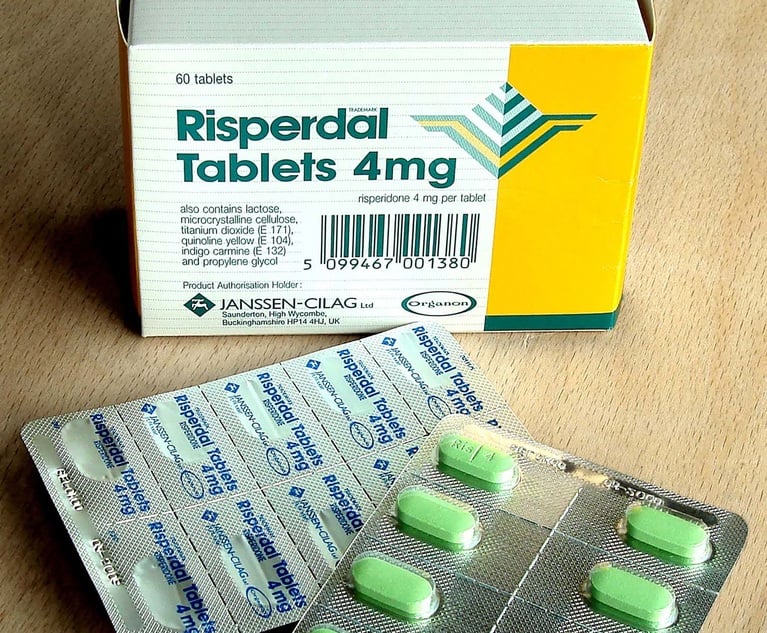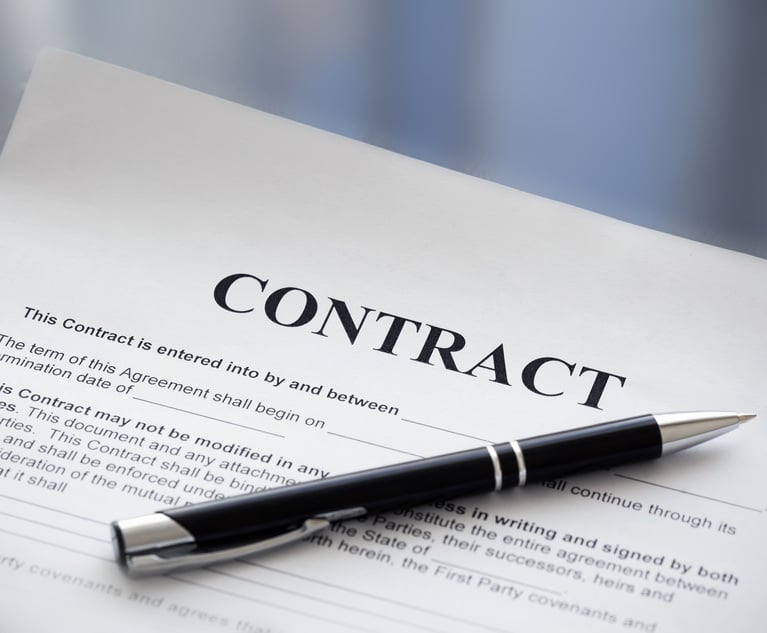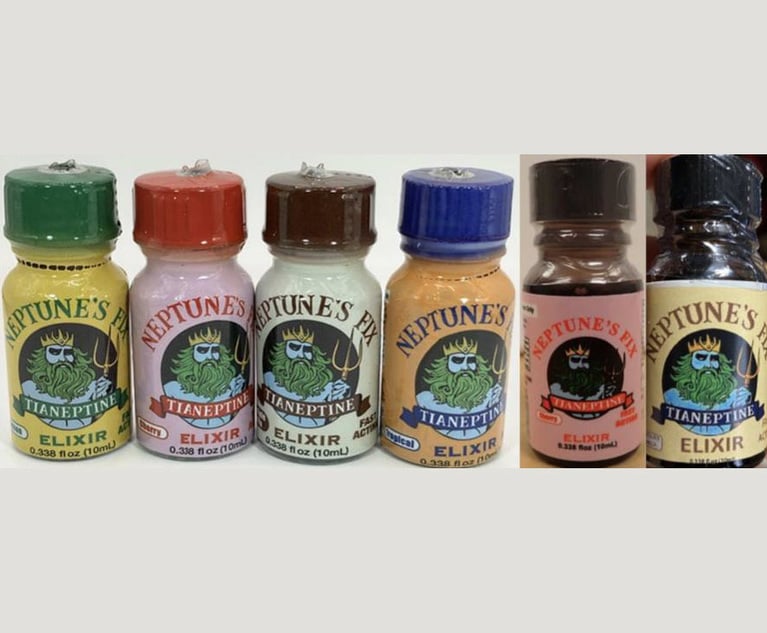A New Jersey district court has denied a motion to dismiss a suit filed by Johnson & Johnson that alleges that the company has paid significantly more in co-pay assistance than it otherwise would have as a result of defendant SaveOnSP’s services.
According to the opinion, Johnson & Johnson Health Care Systems, a J&J subsidiary, alleged that SaveOnSP created a plan to deplete the Janssen CarePath program. The CarePath program provides financial assistance to patients for out-of-pocket costs for 44 medications manufactured by J&J. The medications treat a variety of cancers, pulmonary arterial hypertension, and autoimmune disorders and many have no generic substitutes available.
In May 2022, J&J filed its civil suit in the U.S. District Court for the District of New Jersey and asserted claims for tortious interference and deceptive trade practices under New York General Business Law (GBL) §349, alleging that SaveOnSP’s program “increases the patient’s copay amount for the given drug to an artificially high amount—often thousands of dollars per dose,” which “essentially forces patients into the Program.” J&J seeks monetary damages and an injunction against SaveOnSP to prevent the company from implementing its program on certain drugs, according to the Jan. 25 opinion.
SaveOnSP is a company that works “in partnership” with pharmacy benefits manager Express Scripts and the specialty pharmacy Accredo Health Group to administer the SaveOnSP program. Health insurance companies and pharmacy benefits managers work together to determine what cost-sharing obligations will be imposed on plan participants. J&J alleged that SaveOnSP is one way that Express Scripts “maximizes its profits, and in turn commercial health insurance companies’ profits” at the expense of patients and J&J, the opinion said.
In the first part of the scheme, J&J alleged that in order to avoid the Affordable Care Act’s co-pay and annual out-of-pocket limits, the drugs at issue are reclassified from essential to nonessential health benefits under the ACA, with no medical reason for the change. Then SaveOnSP “increases the patient’s copay amount for the given drug to an artificially high amount—often thousands of dollars per dose,” according to the opinion.
“The inflated co-pays are key to the alleged scheme because the higher amounts essentially force patients into the program,” Judge John Michael Vazquez wrote for the court. “The second part of the purported SaveOnSP Program is to target patients. Plaintiff alleges that defendant uses the threat of the artificially inflated copay to coerce patients into enrolling in the SaveOnSP Program.”
J&J alleged that SaveOnSP’s “representatives allegedly tell patients that they will be responsible for the entire copay amount unless they join the program; if the patients join the program, the copay will be paid. … Defendant, however, fails to tell patients that they can access patient assistance program[s] like CarePath without enrolling in the SaveOnSP Program,” the opinion said.
J&J further alleged that SaveOnSP, through Accredo, manufactures false rejections to recruit patients.
“Plaintiff alleges that an Accredo phone representative informs unenrolled patients that their claim for a covered medication was rejected and then transfers the patients to a SaveOnSP representative who attempts to enroll the patient in the program,” Vazquez wrote.
“Once enrolled in the program, defendant’s representatives walk patients through the process of joining a manufacturer’s assistance program,” Vazquez wrote. “CarePath is one such program.”
In a two-count complaint, J&J asserted a claim for tortious interference with a patient’s CarePath contracts and a claim alleging that the patient-targeting aspect amounts to a deceptive trade practice under the GBL.
SaveOnSP argued that J&J’s complaint must be dismissed because it is expressly preempted by §514(a) of the Employee Retirement Income Security Act. Vazquez stated that since J&J’s claims do not mandate certain payments or impose any new rules on plan administrators, “they do not undermine ERISA’s objectives to facilitate standard procedures and uniformity and are not connected to an ERISA plan for preemption purposes.”
SaveOnSP further argued that J&J failed to state a claim under GBL §349 because it did not deceive participants already enrolled in CarePath; did not cause J&J a cognizable injury; did not mislead patients; and did not harm the plaintiff, the opinion said.
Vazquez agreed with J&J that it plausibly pleaded that SaveOnSP deceived participants already enrolled in CarePath. The judge further held that J&J plausibly alleged SaveOnSP deceived consumers by ”enlisting pharmacies to reject patients’ claims for their prescription at the point of sale, and failing to inform patients that by enrolling in SaveOnSP, they breach the CarePath terms and conditions.”
Vazquez concluded that J&J has sustained a sufficient, direct injury.
As to SaveOnSP’s argument that J&J’s tortious interference claim must be dismissed due to the timing of the alleged interference, Vazquez disagreed. The judge stated that J&J pleaded that a patient agrees to meet CarePath’s requirements each time he or she uses the program and that SaveOnSP “intentionally causes patients to breach their contract with plaintiff every time they use CarePath funds while enrolled in the SaveOnSP program,” the opinion said.


 Credit: Michael Vi/Shutterstock.com
Credit: Michael Vi/Shutterstock.com





